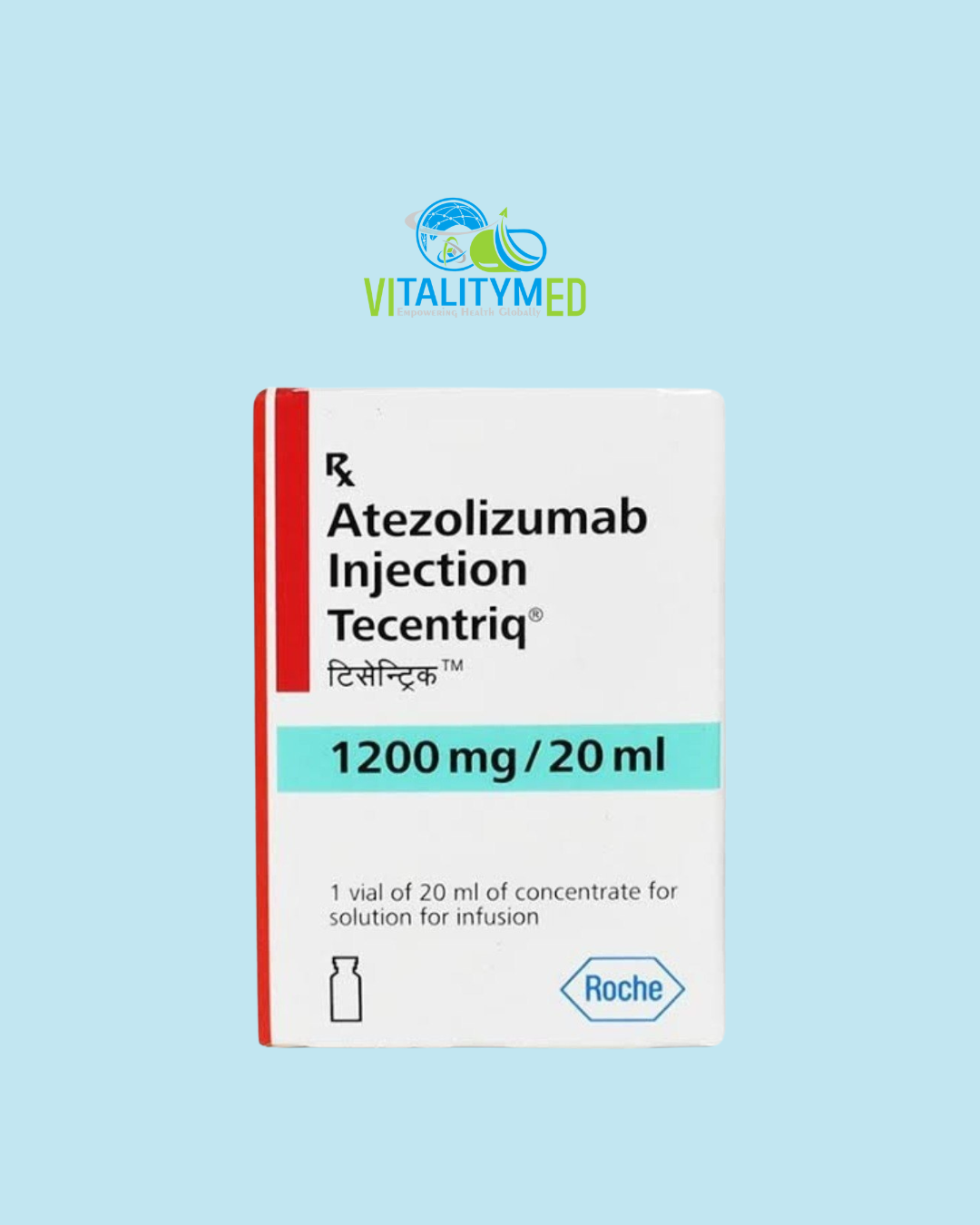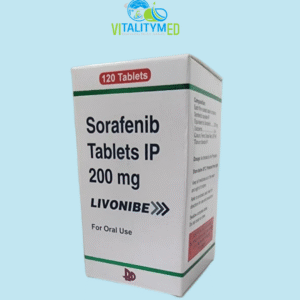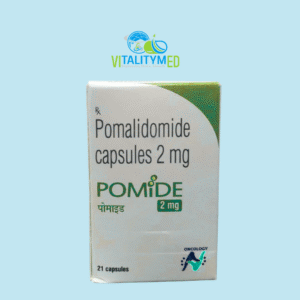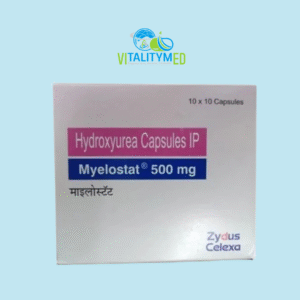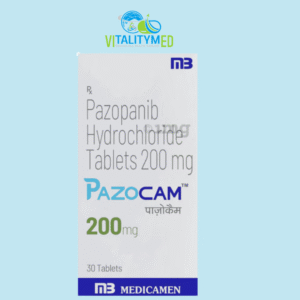Trecentriq is the brand name for atezolizumab, a recombinant humanized monoclonal antibody belonging to the class of immune checkpoint inhibitors. It is specifically designed to target programmed death-ligand 1 (PD-L1), a protein expressed on tumor cells and tumor-infiltrating immune cells. By blocking this pathway, Trecentriq enhances the body’s natural immune response against cancer.
Trecentriq is approved for use in multiple advanced malignancies, offering a novel therapeutic approach beyond traditional cytotoxic chemotherapy.
Atezolizumab selectively binds to PD-L1, preventing its interaction with the receptors PD-1 and B7.1 found on T cells and antigen-presenting cells.
-
Normally, the binding of PD-L1 to PD-1 acts as an “off switch,” dampening T-cell activity and allowing cancer cells to evade immune detection.
-
By blocking this interaction, atezolizumab restores and sustains T-cell activation, thereby promoting an immune-mediated attack on tumor cells.
-
Unlike traditional chemotherapy that directly kills rapidly dividing cells, Trecentriq empowers the patient’s own immune system to recognize and destroy cancer cells.
Uses
Trecentriq has received regulatory approval for the treatment of various cancers, including:
-
Non-Small Cell Lung Cancer (NSCLC):
-
As monotherapy or in combination with chemotherapy for locally advanced or metastatic disease, often after progression on platinum-based chemotherapy.
-
-
Small Cell Lung Cancer (SCLC):
-
Used in combination with chemotherapy as first-line treatment for extensive-stage SCLC.
-
-
Metastatic Triple-Negative Breast Cancer (TNBC):
-
In PD-L1 positive tumors, combined with nab-paclitaxel in patients without prior chemotherapy for metastatic disease.
-
-
Hepatocellular Carcinoma (HCC):
-
In combination with bevacizumab, for patients with unresectable or metastatic HCC who have not received prior systemic therapy.
-
-
Melanoma (investigational/off-label or in trials):
-
Though not a first-line approved indication in many regions, it is explored for use in advanced melanoma through ongoing studies.
-
Through these indications, Trecentriq represents an important immunotherapeutic option, especially for tumors with high PD-L1 expression or immune microenvironment involvement.
Side Effects
While atezolizumab enhances anti-tumor immunity, it can also cause immune-related adverse events (irAEs) due to increased immune activity against normal tissues.
Common Adverse Effects
-
Fatigue
-
Nausea, decreased appetite, weight loss
-
Cough, shortness of breath
-
Diarrhea, constipation
Immune-Mediated Side Effects
-
Pneumonitis: causing new or worsening cough and breathing difficulties.
-
Hepatitis: leading to elevated liver enzymes, sometimes jaundice.
-
Colitis: presenting with abdominal pain and persistent diarrhea.
-
Endocrinopathies: such as hypothyroidism, hyperthyroidism, or adrenal insufficiency.
-
Nephritis: causing impaired kidney function.
-

